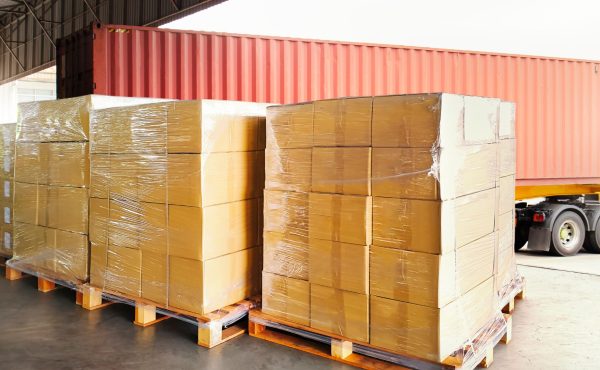Identifying and mitigating supply chain risks
For any company that exports or imports goods, optimizing the international logistics supply chain as much as possible is a complex challenge. Given its global nature, it is exposed to a variety of risks that can compromise the efficiency and success of operations. Identifying these risks and implementing strategies to mitigate them are essential for ensuring the continuity and profitability of any company operating internationally.
Freight forwarders manage a wide network of suppliers, carriers and regulations, which vary considerably from country to country. Each link in the supply chain is subject to a number of external factors, such as changes in economic policy, natural disasters or cyber threats. In this context, it is crucial to adopt a proactive approach to identify and reduce risks before they adversely affect operations.
Main risks and mitigation strategies
- Geopolitical and regulatory risks: Political changes, tensions between countries and new trade barriers can have a significant impact on international logistics. To deal with these challenges, it is essential that companies keep abreast of international regulations and establish relationships with multiple suppliers in different regions.
- Transportation and logistics risks: The transportation of goods by road, air or sea may be affected by delays, loss or damage. Diversifying logistics routes and having contingency plans in place is essential to mitigate these risks and reduce their impact.
- Financial and economic risks: Fluctuations in exchange rates and changes in costs, such as fuel costs, are common situations in international trade. To be protected against these variations, choosing contracts that include price adjustment clauses is recommended.
- Technological and cybersecurity risks: Due to the increasing digitalization of logistics, cyber-attacks can disrupt the flow of crucial information. Investing in advanced technology platforms and robust security systems, as well as training staff in cybersecurity, is key to minimizing these threats.
- Environmental risks and natural disasters: Weather phenomena such as hurricanes, earthquakes and other natural disasters can disrupt transportation routes. Companies should develop rapid response plans and have adequate insurance to cover possible damages.

Real-time monitoring and proper planning allow problems to be detected before they become obstacles. At Logisber, we are fully aware of the risks that goods are exposed to, and we address them every day in a proactive and effective manner.
With a comprehensive risk management strategy, we ensure that freight forwarding operations are carried out efficiently, minimizing potential transportation disruptions. If you want to optimize your supply chain, contact Logisber. Our team will provide you with customized solutions to ensure that your goods arrive at their destination smoothly.
Categorías
Compartir









